How to open a zero waste shop in the UK / US
If you're setting up a zero waste store, you've come to the right place! Fed up with buying produce wrapped in plastic? No options near home? If you've found our article then odds are you are probably feeling a bit disappointed by the plastic-free options in your local area, and by golly it's time to take a stand!
But opening a zero waste store or starting an eco friendly grocery shop sounds difficult? Luckily Jungle Culture is here to help you open a bulk food store, create your zero waste store business plan and find some incredible zero waste products wholesale! (We'll show you our products AND other brands that we respect and have tested)
We are a UK-based zero waste brand and just like you, we were fed up of having no alternatives, so decided to create some for ourselves!
Now, we want to help other eco-entrepreneurs realise their dreams and start more plastic-free businesses, and that's why we have created this extensive guide to opening a zero waste store!
Before we delve into the nuances of opening a zero waste refill store, if you're already trading or close to it, we've introduced a free test order facility, so that you can test our products in your store!
Business plan for zero waste shop:
- Choosing the perfect location for your refill shop
- Choosing the shop itself
- Essential business purchases
- How to choose a brand name + setting up your website
- Figuring out your branding!
- Make Google like me
- Our top equipment picks for your zero waste store
- What to sell in a zero waste store?
- How to accept payments?
Starting a zero waste shop (Step-by-step)
Choosing the perfect location
The location of your refill store will have a huge impact on the success of your business, so picking the perfect spot should be top of the agenda! Here are some things to consider when searching for your new store’s location.
We’ve split the main points into two categories: Local area & the property itself.
Your local area
When starting a zero waste shop the area around your store can be just as important as the property itself. Here are a few things to think about before committing to a location:
Local competition
Are there already one or multiple other bulk food stores in your area? If there is another refillery or multiple refill food shops, how good are they? Do they meet the needs of the local community or is there space for competition?
Footfall and direction of traffic
When setting up a bulk food store you need to know how many people walk in the general area of your future store per day? Does the general direction of traffic point your way? Speak to other local shopkeepers and ask their opinions.
Are the people in your area interested in zero waste?
What are the people like in your area? Are they young? Are they mostly families? What are their interests?
Talk to people in your chosen area and tell them about your project! See how they react to the idea that you want to set up a zero waste shop in their town. If they are overwhelmingly excited, you might have found your spot!
Does the area have good access?
Suitable car parking is especially important for food shoppers, so it’s essential to ask yourself a few questions before choosing your location:
Are there adequate parking facilities nearby? Is it close to a train station or bus station? How far will people have to walk from your shop to their cars? Does it feel inconvenient? A refill business should make access a priority as many of your customers might need to carry heavy mason jars.
Local restrictions
Find out if there are any local zoning restrictions that may negatively impact your shop. For example, there may be local laws limiting opening hours, the types of signs you are allowed to use or the type of business activities that you can conduct in your property.
Setting up a zero waste shop
Now that you’ve narrowed down your search to a specific area, let’s talk about some things to look out for regarding the property itself.
Here are 6 key points to consider when deciding on a specific property:
Rent prices
When shopping around for a commercial property you should compare rental prices in different areas of your town. Locations with higher footfall will undoubtedly incur higher rental charges, but this will probably mean that your store attracts more customers who are just walking by.
Striking a balance between a prime location and cheaper rents is difficult, so try to follow the examples set by other successful and complementary businesses in your area. If all of the new vegan restaurants, quirky clothes shops and hipster cafes are opening in a particular district, it might be a good idea to set up your bulk food shop nearby and take advantage of some passing trade. Ask nicely and the owners may even let you leave business cards by their tills!
Lease terms
Putting pen to paper on a longer lease will generally give you favourable rent prices and help you to plan your financials with more certainty, but if your business fails then you will be personally on the hook for the full rental costs. On the flip side, if your business takes off you may want to move to a bigger location, but you are now shackled by a long lease.
Have confidence in your business and make sure to negotiate with your landlord on the terms of the lease, length of the contract and the rental price.
Can you move in straight away?
What condition is the building in? How much work does the interior and exterior need? Does the building have adequate heating, plumbing and internet infrastructure? If the building needs a lot of work, it may take a while before you can move in, but this could also give you leverage when negotiating with your landlord.
Is it safe?
Does the building have an alarm system in place? Cameras? Check with your landlord what the insurance costs will be.
Don’t forget about business rates!
Business rates are paid on properties with a rental price of more than £12,000 per year in the UK. You can check how much your business rates will behere.
Trust your gut
When looking for your shop location, make sure to listen to your heart as well as your head. You are going to be spending a lot of time in this shop, so make sure that you let your gut weigh in on any big decisions.
Resources:
Guide to tenant’s responsibilities in the UK
How to terminate a commercial property agreement
How to Open a bulk food store - The essentials
Essential business purchases
There are some elements of setting up a zero waste store that can be pushed aside for a distant time in the future, whilst others are necessary in order to get your business off of the ground. Here is a definitive list of the things that you absolutely need in order to start a bulk food store or zero waste store (Below the list we will link to where you can buy all of these things):
Online costs:
- A web domain + Hosting (www.iamzerowaste.com)
- Eco friendly web hosting (Names.co.uk)
- A website.
- A logo, branding and illustrations for your website and packaging.
- A private email address
- SEO services (Help on Google)
Money-saving tips:
- If you are tech savvy, you could build a basic website yourself using Shopify or Squarespace. (We did and we know very little about web development)
- If you are on a budget, try finding logo creators on websites such as freelancer.com, upwork.com and fiverr.com
- A private email address is not essential and many small businesses still use @gmail.com
- Keep reading and we will reveal some basic tips and tricks to help your zero waste store get set up with Google.
Marketing Materials:
- Business cards for your till and placing in other shops
- Posters for your shopfront
- Printed packaging (This can be kept to a minimum unless you also want to sell online, in which case you’ll need more protection for your deliveries)
Money saving tips:
- Ask your suppliers if they have any posters and POS (point of sale) materials for your shop
- There are lots of online services that print beautiful custom eco-friendly business cards and packaging on a budget.
Food dispensers + scales:
- Self service scales
- Sales till, cash drawer and receipt machine
- A suitable laptop or computer that works with your scale software
- Gravity refill dispensers
- Scoop refill dispensers
- Spice refill dispensers
- Mason jars / spoons / funnels etc.
Shop fitting expenses:
- Shelving and racks
- Lighting, plants and general decor
- Bits & bobs, pens, paper, staplers etc.
- Painter / Carpenter etc.
First order - stock:
- This will be a huge financial outlay so it’s important not to overextend yourself. At this point you won’t be sure of what your bestsellers are, so invest cautiously and ask suppliers for their minimum order quantities (MOQs). Some suppliers require an MOQ of more than £250 to qualify for wholesale purchases, whilst others have no MOQ at all.
Insurance & Legal:
- You will need to shop online for contents and buildings insurance. You can price compare here.
- Some new business owners hire a legal professional to read over the lease agreement. This should depend on how well you know and trust your landlord.
- You will also need to register a company with HMRC which can be done via this link.
- If you have employees, it's a legal requirement in the UK to have employer's liability insurance. Don't worry... It's inexpensive and shouldn't cost more than £50/per year. Shop around here.
How to choose a brand name + how to set up a website for your zero waste store:
When thinking about how to start a zero waste shop, the first thing that comes to mind might not be your website and social media, but they absolutely should be high on your list of priorities!
Before you start building your website and social media accounts, you will need to choose a brand name.
Brand names are highly subjective, so I won’t provide advice on picking your name itself, but before settling on a name, make sure that the name you have chosen isn’t already taken by another brand. Refill businesses tend to have quite similar names, so be careful not to trend on anyone's toes!
If another brand already has your name, then it’s likely that they will also have the associated web address, Facebook, Instagram and maybe even a trademark to match!
You should avoid using the same brand name as another company at all costs and luckily there is a simple, and free online tool which allows you to check the availability of your brand name across most social media platforms. You can access this tool here.
Once you’ve settled on a brand name, you’ll need to purchase the domain and register an account on all of the social media platforms that you may or may not use in the future. This will stop other users from taking the account name.
You should register the following (at least):
- Youtube
As I said, you may not use all of these, but it takes less than 5 minutes to register for each one, so there’s no harm in doing so to prevent another user from taking your name.
To buy a web domain, visit a domain registrar such as GoDaddy or Namecheap, type in your brand name and you will see a list of options. It’s very likely that your domain will cost under £15.00.
Once you have a web domain, you will need to build your website. You can do this yourself or hire a web developer. We will write a guide to building a zero waste website in another blog, but for now, check out this handy beginner’s guide to creating a website.
Figuring out your branding:
Prior to meeting with a designer, prepare a mood board using an online tool such as Pinterest. Gather together images of other brands, shopfronts and websites that you like and collate them in your mood board. This will help to give your designer a visual idea of what you are looking for.
As well as a mood board, create a brief to give your designer which includes: your brand style, what you plan to sell, what your expectations are and a list of other zero waste brands whose style you admire.
Giving a designer all of this information will help them to create branding that meets your high expectations!

Make Google like me:
Once your website is created it will take about 6 months to appear on Google. During this time there is some essential housework that you can do to ensure that after the 6 month “probation period” ends, your site is properly indexed by Google’s algorithms.
Here are 3 easy things you can do so that people searching for your business can find it quickly and easily:
- Sign up to “Google my business”
- Submit your site map using these instructions.
-
And do the same on Bing using these instructions.

What equipment does a zero waste store need?
For your waste free store to operate smoothly you will need to invest in a few key pieces of equipment:
- Food dispensers
- Scale systems
Here are a few reputable UK businesses that sell food dispensers:
Gadsby’s and UKpos have a large range of food dispensers as well as a lot of other products, whilst Martek is focused mainly on food dispensers and other types of equipment for zero waste stores. Based on our research, having spoken to lots of store owners that use these companies we are confident enough to recommend them all.
For scale systems, we have spoken to several zero waste store owners and these were the most recommended providers:
South West Systems has very clear pricing which is affordable and they also work with Waitrose, Lidl and CEX, so you can trust the reliability of their software.
Please note: We do not have an affiliation with any of the companies recommended in this article. This is written purely according to our own research.
What do zero waste stores sell?
Prior to opening a zero waste store you will need to plan which items you are going to stock. Every bulk food or zero waste store is slightly different, and what you are able to stock will depend on the space that you have, your budget and should also depend on the needs of the local area.
Let’s break down your stock into two main categories.
Where to buy food for zero waste stores
Here is a list of wholesalers based in the UK where you can buy the majority of food that you stock in your zero waste store. Other alternatives are buying locally from smaller suppliers, but these purchases should be to compliment the bulk of your food stock.
Where to buy non-food items for zero waste stores
Your non-food related stock should be relevant to your customer base and the area that you live. This means that the items that you sell should encourage healthy, plastic-free living. It is a good idea to stock some items that are specifically targeted at gifting and buying directly from a brand as opposed to buying from a distributor will be much cheaper.
At Jungle Culture we wholesale eco friendly products to over 1,000 businesses worldwide, we don’t have minimum order quantities and our focus is on helping small businesses thrive by offering a “family” style approach to sustainable wholesale.
Our wholesale range includes:
- Women’s safety razors
- Bamboo safety razors
- Coconut bowls
- Reusable cutlery sets
- Reusable straws
- Natural soaps
- Shaving soaps
- Coconut shell candles
- Bamboo & coconut cups
- Bathroom accessories
- Tote bags
You can contact us today via our dedicated zero waste products wholesale page. Ask for a brochure and quote “NEWSTOREBLOG” for a 10% discount on your first order.
If you are interested in stocking other non-food related items, ask us to recommend another company and we’ll give you our opinion on which companies provide the best sustainable homeware and ethical products wholesale.
How to take payments in your waste free store
Once you are set up, you’ll need a way to accept payments as nowadays most people have ditched cash in favour of credit cards and Apple pay.
There are lots of alternatives out there, so definitely do your research, but here’s a handy list that sums up a few of the best options!
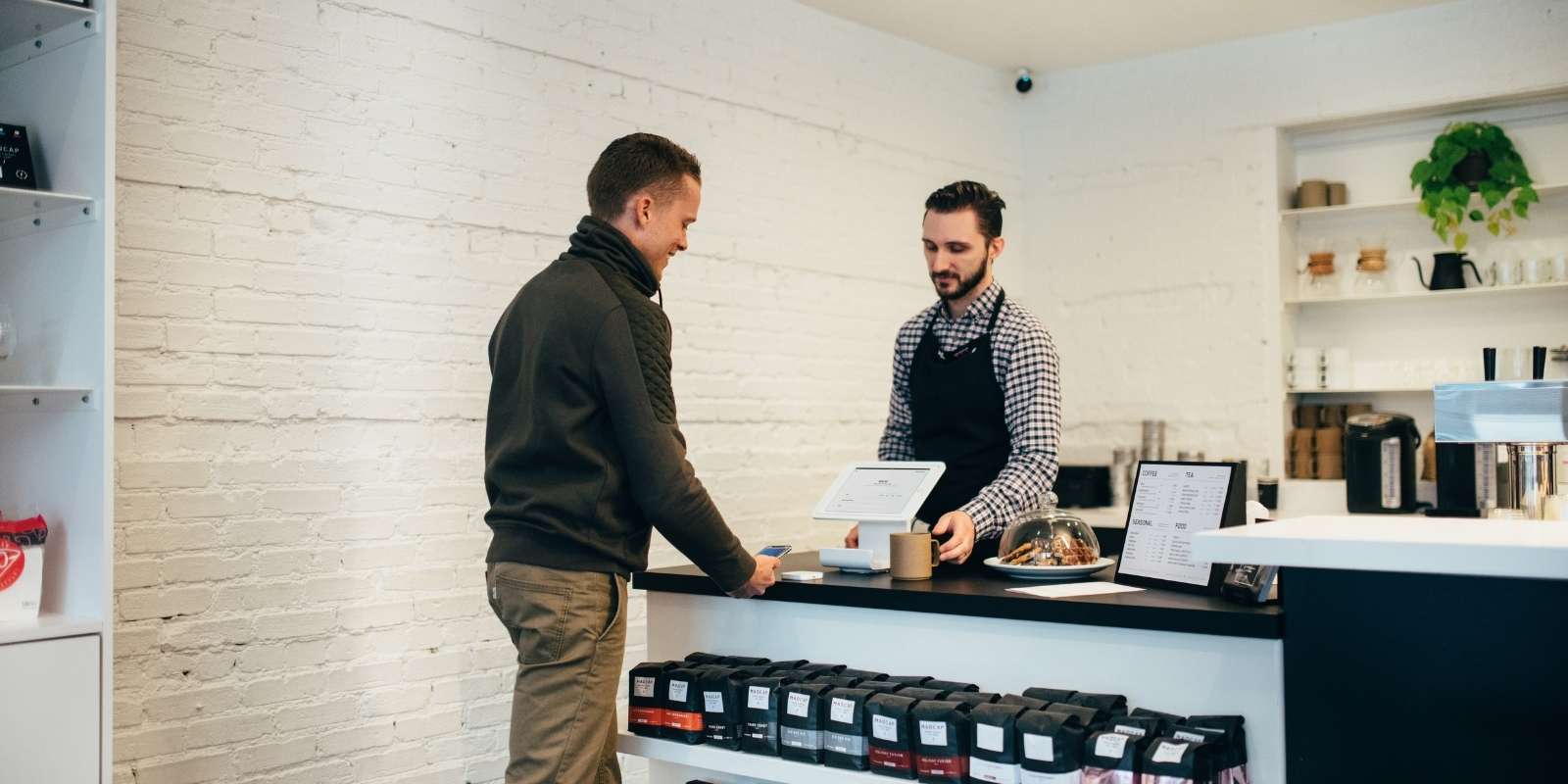
What are you waiting for!
There’s no time like the present to get stuck in and start a zero waste business. If your dream is to push out positivity into the world, gain a sense of purpose and fill a void in your local community, then the zero waste movement needs you!
Still not convinced? Check out this motivational drawing video!

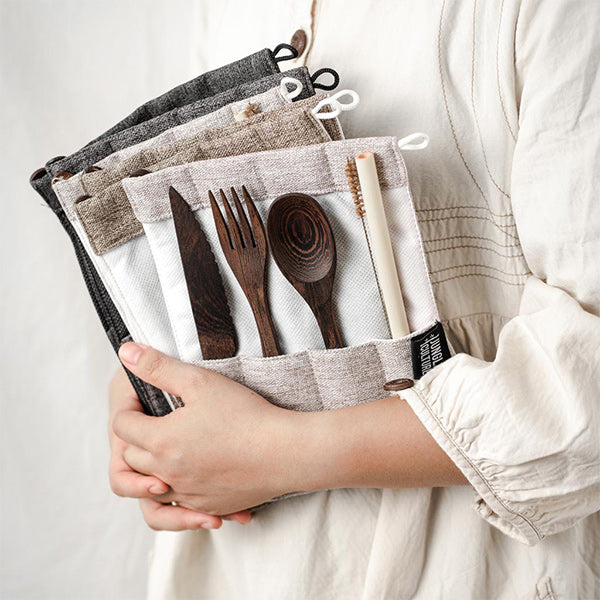
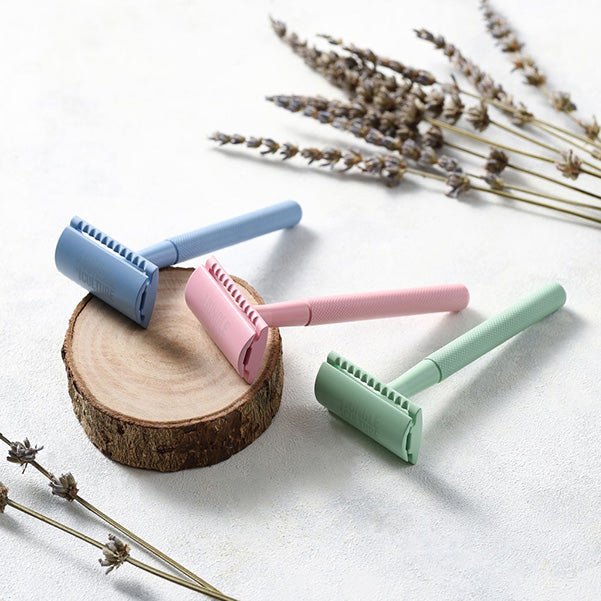
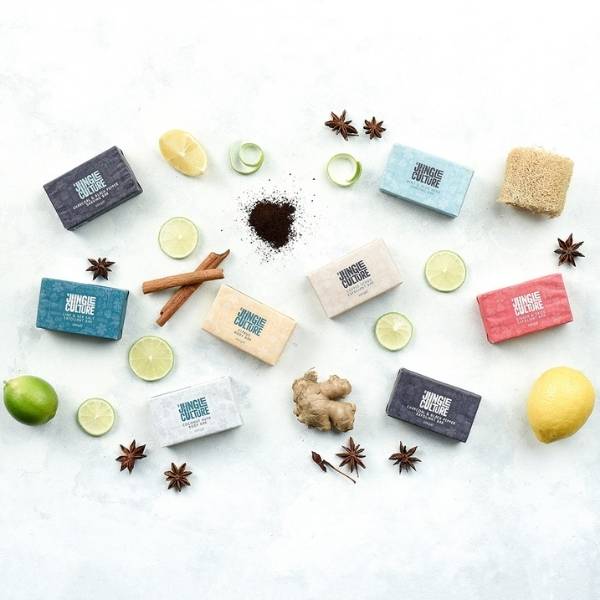
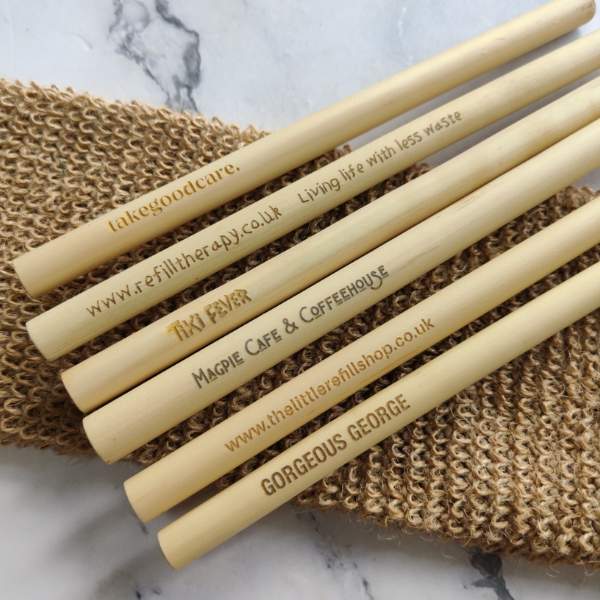



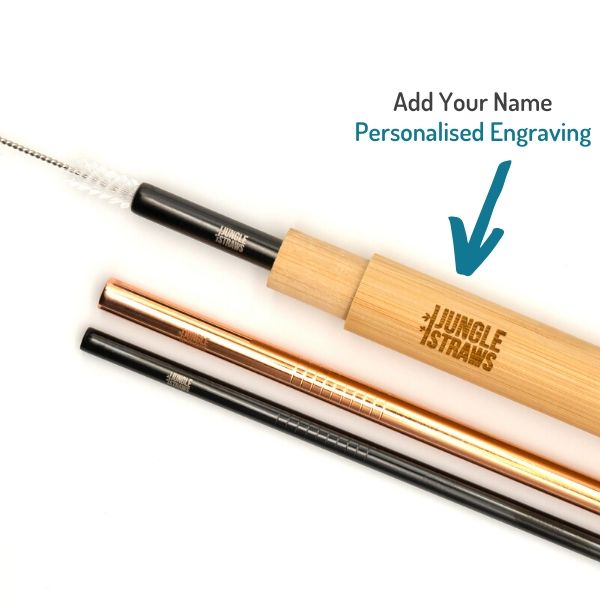
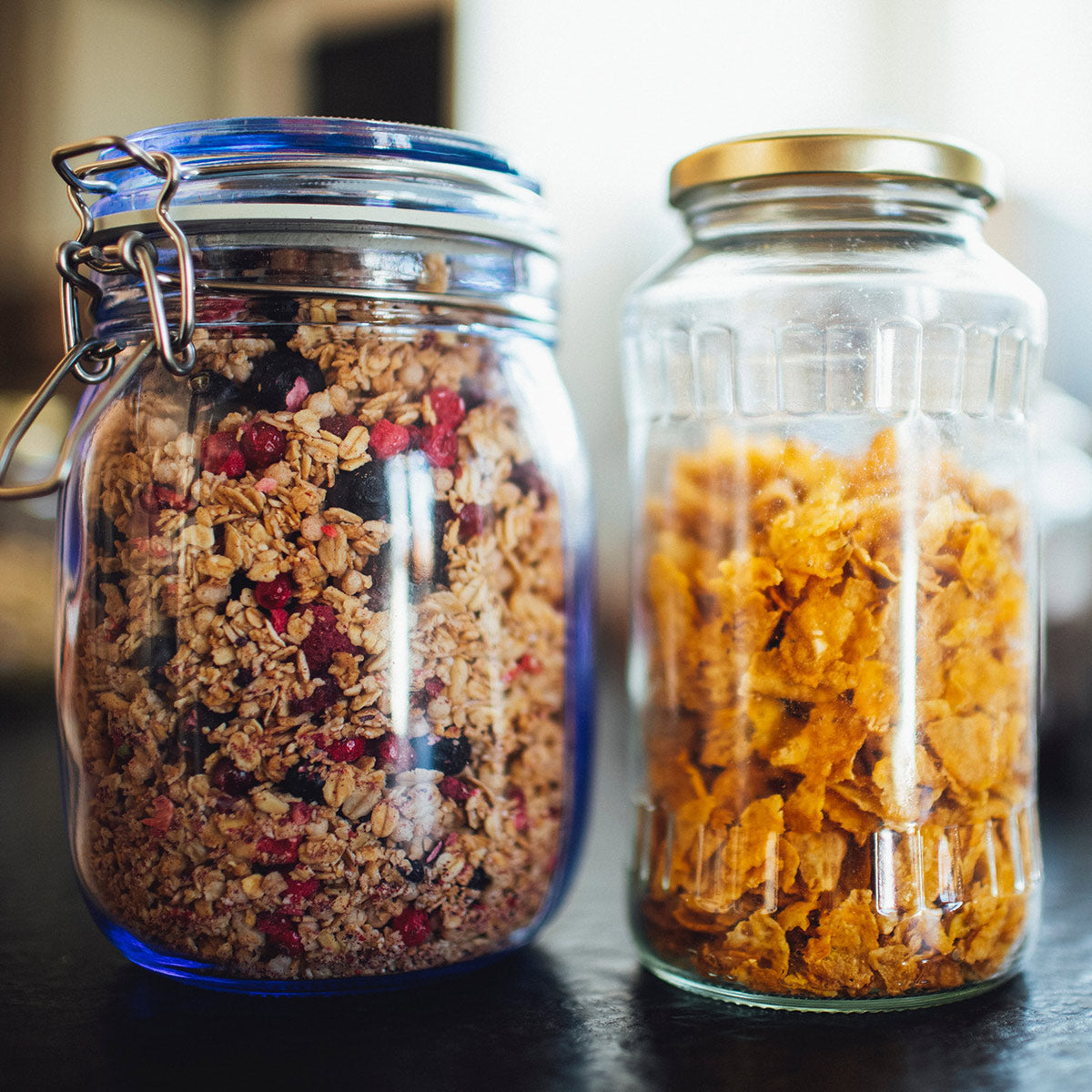
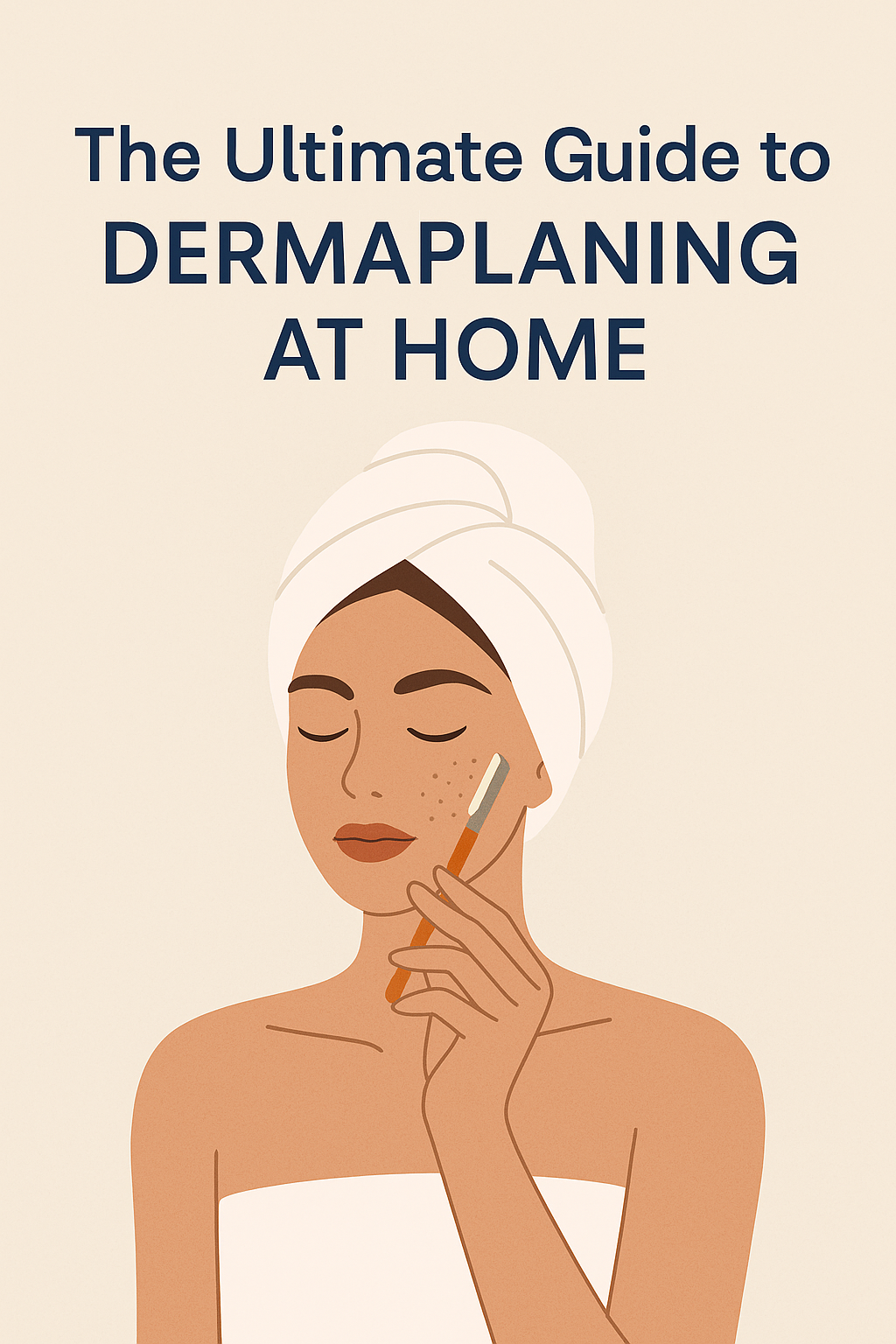
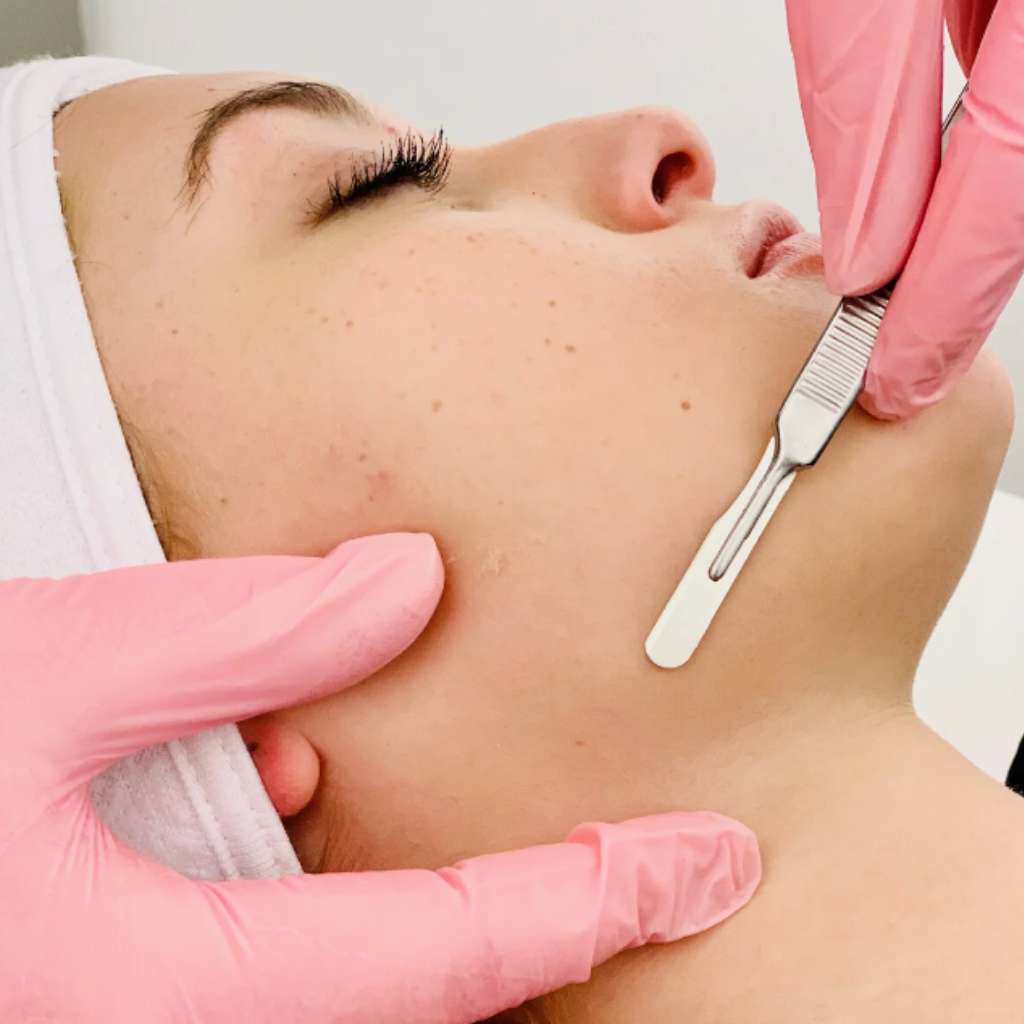

Nikki Gg
October 17, 2022
This article is extremely helpful. Easy and clear instructions make me hopeful that yes, I can do this. Thank you so much!